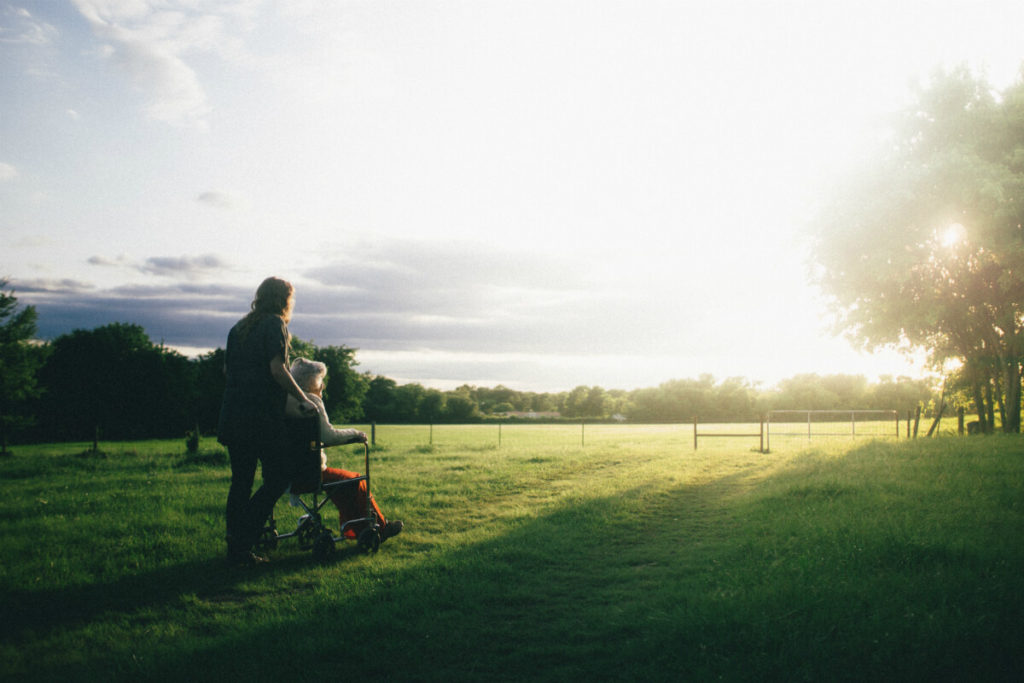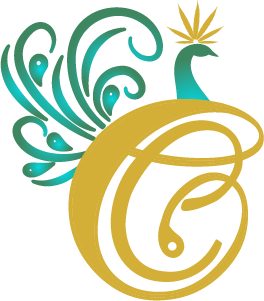
Bobbi Bryant of Inspired Endings who practices and trains End-of-Life doulas explains exactly what an EOL doula is and how they bring wellness to both life and death.
According to the National End-of-Life Doula Alliance (NEDA), “an end-of-life doula provides non-medical, holistic support and comfort to the dying and their families, which may include education and guidance as well as emotional, spiritual, or practical care.” This description lays out the skeleton of what end-of-life doulas (EOLD) offer.
The term “doula” is a Greek word meaning “woman who serves”. Birth doulas arose out of the need for more personal holistic support for pregnant women. End-of-life doulas provide personal holistic support for those at the end of life.
EOLDs offer a cornucopia of services and come from varied backgrounds and professions which allow them to infuse their doula skills with their experience and professional knowledge.
You do not have to come from a health care background in order to provide end-of-life doula support and many people have been providing this type of support without specific training for quite a long time.
The foundational prerequisite for doulas is a heart permeated with compassion and empathy for those that are in need of tender loving care as they move through the last stage of this human life and who also have the ability to quiet themselves enough that they can tune into the needs of the dying and those who love and care for them. This includes the ability to “not do, but be”: to sit in silence and listen deeply, to not come up with solutions but to encourage the dying person, caregivers, and families to come up with their own solutions, and to empower them in bringing those solutions to fruition.
If you are a person who has this particular skill set, then you can learn other holistic skills to comfort, assist, and guide the dying, no matter what stage of decline they are in.
Doulas can make offerings and suggestions but should not come in as an authority or expert. Even though there are clinical professionals who are offering end-of-life doula training and services, EOLDs do not administer meds, offer medical advice, or attend to wounds. These are not skills that doulas provide unless they are also functioning within the scope of another profession in which they are certified outside of the doula training.
People are coming from all walks of life to learn more about how to provide end-of-life doula support. From the person who cared for their family member or friend and learned while they were caring for their dying, to alternative health care practitioners, professional caregivers, and medical professionals. From members of the clergy and celebrants, to the people with absolutely no experience in caring for the dying but who recognize with their true moral compass that this is something we should all be doing for each other as a rite of passage into full human-hood.
If you choose to take an End-of-Life Doula Training, you need to know that there is no current national authority or accrediting body that is overseeing end-of-life doulas or those who are facilitating end-of-life doula certification programs. If you take a training that “certifies” you, then that means you have completed that particular facilitators’ program.
Some of the basic skills you will learn as an end-of-life doula and offer to those you support are:
- How to understand and complete an advance care directive and living will
- How to assess the emotional, spiritual, and physical needs of the dying person, caregiver, and the family
- How to create care plans
- What legacy projects are and how to assist your client and family in creating them
- How to apply holistic comfort care to help alleviate pain and discomfort
- How to provide vigil care
- The importance of spirituality and end-of-life care
- How to create a community care network
- What the signs are of pre-active and active dying
- Helping to create meaningful end-of-life rituals
- How to assist the family in washing the body of the beloved
- Offering education concerning natural death care
- Self-care so you can care for others fully and attentively without burning out
- Grief, loss, and bereavement support
It is my personal belief that for those who choose to care for the dying, it is advantageous to care for and investigate one’s own relationship to dying, death, loss, and grief. This is an on-going and life-long process that lays the fertile ground for being with dying and being with the dying.
The need for end-of-life doulas is so great that we now have an end-of-life doula council within the National Hospice and Palliative Care Organization.
End-of-life doulas are filling a very big need that allows people the opportunity to die with dignity, choices, and support. They fill in the huge gaps created by a fractured medical system and insurance conglomerates that relish huge profit over human lives. End-of-life doulas stand by the dying and their families so they may have a deep and rich connection to this sacred passage in our human life cycle.
Image: Unsplash.com
